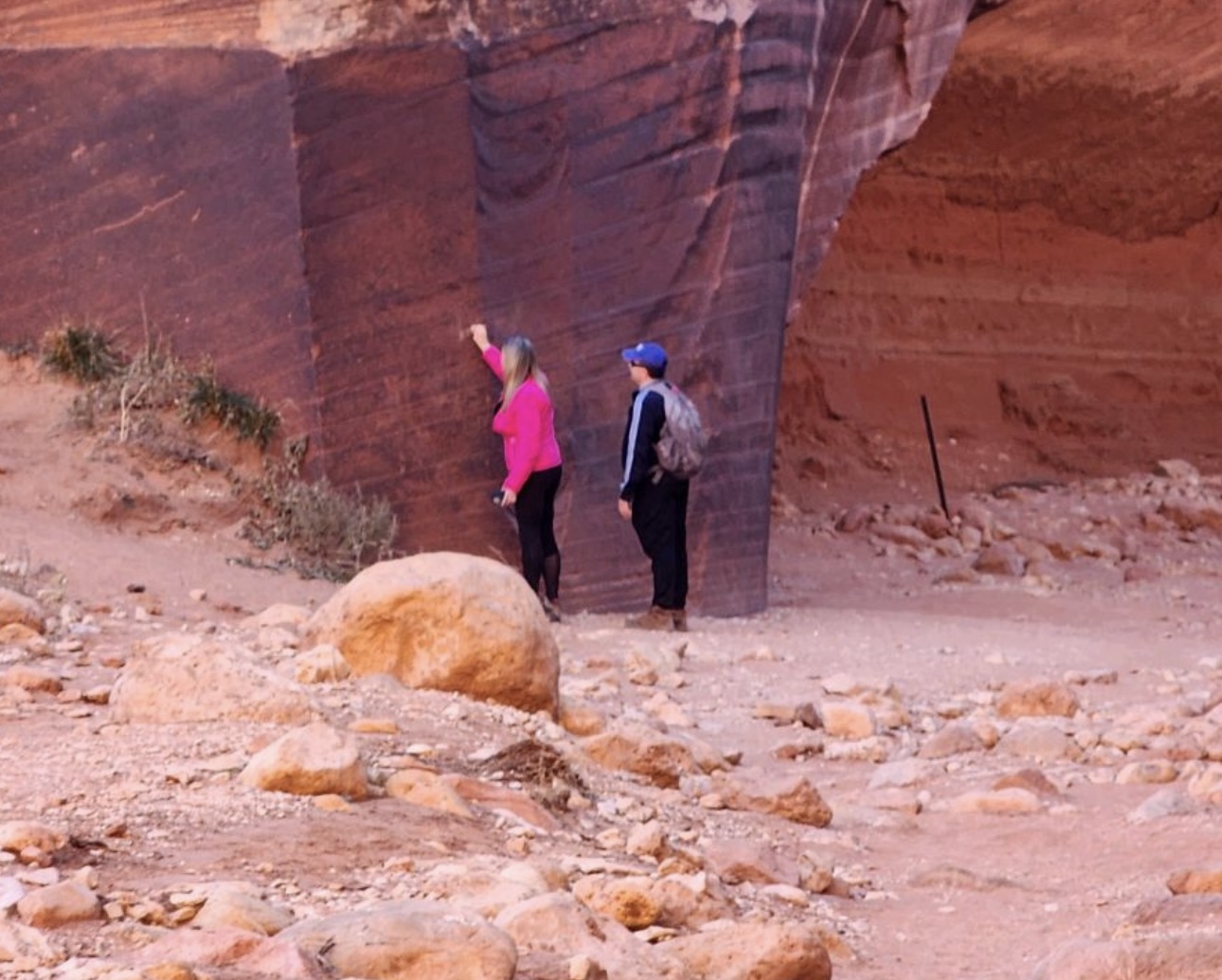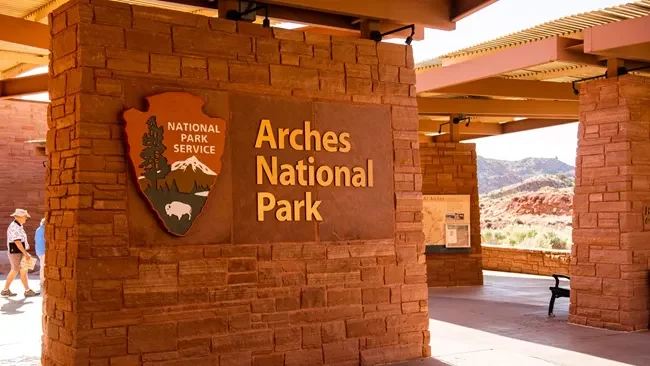Some information may be outdated.
The Walnut Lane affordable housing project has been plagued by legal, financial, and repair issues since the plot was first purchased in October 2018 for $1.8 million. Most recently, the city had to end its contract with the construction company indieDwell.
The contract with indieDwell ended after the company could not meet the agreed-upon schedule of performance and told the city they could no longer meet the settled sum of $1,080,300 due to the increasing cost of building materials. The contract officially ended in early September.
City council members were visibly frustrated by the complications to the project at a meeting on Sept. 14.
“[This] is becoming cost prohibitive,” said Councilmember Karen Guzman-Newton. “We said we definitely did not want to get the city in the position of trying to bail this project out—we really don’t have the finances to do that.”
The Walnut Lane project plan was originally to create up to 80 modern apartment units, townhomes and duplexes at the site of an existing mobile home park with dozens of tenants.
Now, the project is struggling to get off the ground with the first building phase of eight stacked units in four duplexes.
At the same time, the city took over managing the mobile home park in 2020, and must balance existing maintenance requests from current tenants with the planning process for the new buildings.
The city is back to Phase 1, meaning they must find a new builder for the duplexes. At the regular City Council meeting on Sept. 14, the council voted on how to move forward with the Phase 1 bidding process.
Kaitlin Myers, senior projects director, presented the council with two options: design-bid-build, which contracts designers and builders separately, or design-build, which bundles designers and contractors in the same contract.
There are current designs for the project which the city has already paid for. The council ultimately decided on a design-bid-build contract, which will allow the city to keep the current designs and hire an independent builder. The motion to use a design-bid-build contract passed 5-0, but not before council deliberation—and frustration.
“This just feels like moving through molasses right now,” said Karen Guzman-Newton. She expressed her frustration at the need to go back to the drawing board to start over, and at how long the project would take.
“Forgive me, but I’m really confused as to what we’re doing,” Guzman-Newton said. “I don’t want to have another meeting and talk about this over and over again.”
Myers presented an estimated project schedule for Phase 1, which showed duplex construction beginning in June 2022 at the earliest. The bidding process could take up to three months, Myers said, followed by a month of contract negotiations and construction into mid-2022.
There’s no way around that timeline, Myers said. The only way to know how quickly the project can move ahead, what it will cost and who will bid, is to go out to bid. That point was reiterated multiple times by Myers, Acting City Manager Carly Castle, and City Engineer Chuck Williams.
Councilmember Kalen Jones expressed that he doesn’t believe the city should pursue building the new duplexes at all.
“I can’t support it,” he said. “I’d rather go for used trailers, with which I think we have a higher likelihood of delivering on our affordable housing goal in a way that doesn’t burden future councils with ongoing negative cash flow.”
He wasn’t sure how to weigh in on the debate between the two bidding options, he said, because he doesn’t believe in the project.
Finance Director Ben Billingsley presented a slide on the Walnut Lane “cost of debt issuance.” The city took out a $45,000 bond for the project in May.
Due to the daily cost of interest, if the city doesn’t move forward with spending that money on the project by February 2022, the “break even point” of interest, they should give the bond back, Billingsley said.
He believes the city should keep the bond funds, because he thinks February 2022 is a reasonable deadline to start writing project checks, especially if the council moves forward with the bid process and it takes the anticipated four months.
“This is still a really good project,” Moab Mayor Emily Niehaus said. She noted that in purchasing Walnut Lane and transferring the management of the neighborhood to the city, the city has been able to stabilize 40 households and provide emergency housing.
“This is a good project, we’re just in the decision crux especially because the contractor we chose to work with bailed,” Niehaus said. “So here’s where we are.”
The city has no way to know what the outcome of the bidding process will be until they dive in.
“It’s just the nature of development that you don’t have perfect information at every stage,” said Castle. “There’s a lot of unknowns and you have to just do it to find out if you have bad options in front of you.”
Ultimately, the council voted 5-0 to move forward with a design-bid-build process. The expected timeline is that the bid process will be finished by November, at which point the council will pick a new builder.
“[In November], we’ll either make an easy choice and celebrate it, or we’ll be faced with a hard decision,” Niehaus said.
Appreciate the coverage? Help keep local news alive.
Chip in to support the Moab Sun News.




